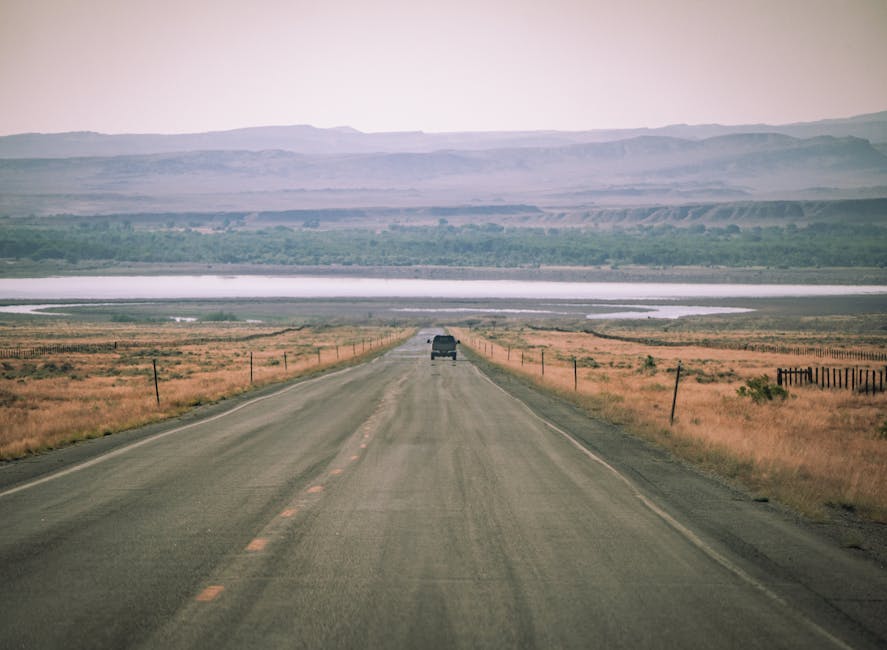Deep Dive: Mastering the Art of Adventure Tour Leading
Leading an adventure tour isn't just about pointing people in the right direction; it's about curating an experience, fostering camaraderie, and ensuring everyone returns safe and exhilarated. My years spent trekking through the Himalayas, kayaking in Patagonia, and exploring the Amazon have taught me invaluable lessons, which I'm happy to share.
1. Pre-Trip Planning: The Foundation of Success: This stage is crucial. Don't just pick a destination; meticulously research it. Consider the time of year (weather patterns are crucial!), the physical demands of the activities, and the accessibility of resources (medical facilities, communication options). Creating a detailed itinerary is essential, including backup plans for potential weather delays or unforeseen circumstances. Communicate this itinerary clearly to all participants, emphasizing realistic expectations. Gather thorough medical information from each member, including allergies and pre-existing conditions. This is vital for safety.
2. Group Dynamics: Building a Team, Not Just a Tour: The success of any adventure tour hinges on group dynamics. Before the trip begins, encourage communication among participants through a dedicated group chat or online forum. This helps build rapport and allows you to address any concerns beforehand. During the tour, facilitate opportunities for team-building activities, whether it's sharing stories around a campfire or collaborating on tasks. Be mindful of individual paces and skill levels, adapting activities accordingly to ensure everyone feels included and challenged appropriately. Address conflicts promptly and fairly, fostering a sense of respect and understanding.
3. Safety First: Risk Assessment and Mitigation: Adventure inherently involves risk. A thorough risk assessment is non-negotiable. Identify potential hazards (weather, wildlife, terrain) and implement mitigation strategies. Ensure everyone understands safety protocols, including proper equipment use, emergency procedures, and wilderness first aid. Carry a well-stocked first-aid kit and consider hiring a qualified wilderness medic for larger or more challenging trips. Regularly check in with participants, addressing any concerns or fatigue promptly.
4. Environmental Responsibility: Tread Lightly and Leave No Trace: Adventure travel should be sustainable. Educate your group about responsible environmental practices, including minimizing waste, respecting wildlife, and leaving no trace behind. Choose eco-friendly accommodations and transportation options whenever possible. Support local communities by purchasing goods and services from local businesses. Promote responsible tourism to ensure the preservation of the natural beauty that attracts us to these incredible destinations in the first place.
5. Post-Trip Debriefing: Reflecting and Improving: After the tour, conduct a post-trip debriefing with participants. Gather feedback on the itinerary, activities, and overall experience. Identify areas for improvement and use this valuable information to refine future tours. This feedback loop is essential for continuous improvement and ensures that each subsequent adventure is even better than the last.
The Importance of Experienced Leadership in Adventure Tours
The role of a leader in adventure tourism cannot be overstated. It's more than just guiding participants from point A to point B; it's about fostering a safe, engaging, and enriching experience that leaves a lasting positive impact. The leader's expertise and preparedness are critical to ensuring the success and safety of the entire group, and the differences between a well-led and poorly led tour are stark.
Safety and Risk Management: Experienced leaders possess the knowledge and skills to assess and mitigate risks effectively. They can identify potential hazards, develop contingency plans, and implement safety protocols to minimize the likelihood of accidents. Their understanding of first aid and wilderness survival techniques is paramount in emergency situations, potentially saving lives.
Environmental Stewardship: A responsible leader understands the importance of minimizing their environmental impact. They instill respect for nature among participants, teaching them about sustainable travel practices and the importance of preserving fragile ecosystems. They actively work to leave no trace, ensuring that the beauty of the natural world remains intact for future generations to enjoy.
Cultural Sensitivity: Many adventure tours take place in remote areas with unique cultures and traditions. An experienced leader understands the importance of cultural sensitivity and respect. They teach participants about local customs and etiquette, fostering positive interactions with local communities. They support local businesses and create opportunities for meaningful cross-cultural exchanges.
Group Dynamics and Team Building: A skillful leader knows how to cultivate a positive group dynamic. They build rapport among participants, encouraging cooperation and mutual support. They address conflicts effectively, ensuring that everyone feels included and valued. They facilitate team-building activities that strengthen bonds among members, creating a sense of camaraderie and shared achievement.
Itinerary Planning and Logistics: Creating a well-structured and engaging itinerary is crucial. An experienced leader knows how to balance challenging activities with rest and relaxation, catering to the physical abilities and interests of all participants. They skillfully handle unexpected setbacks, adapting the itinerary as needed to maintain safety and enjoyment. They handle logistics effectively, arranging accommodation, transportation, and other logistical details seamlessly.
Knowledge and Expertise: Beyond just navigating the terrain, an experienced leader possesses in-depth knowledge of the destination, including its history, culture, flora, and fauna. They are able to share this knowledge with participants, enriching their experience and fostering a deeper appreciation for the environment. This level of expertise inspires confidence and trust among participants.
Adaptability and Problem-Solving: Adventure tours rarely unfold exactly as planned. Unforeseen circumstances—weather changes, equipment malfunctions, medical emergencies—can arise. An experienced leader is adept at adapting to unexpected challenges, making quick and effective decisions to ensure safety and maintain the flow of the tour. Their problem-solving abilities are instrumental in navigating difficult situations.
In essence, an experienced leader is the cornerstone of a successful adventure tour. They are the guardians of safety, the promoters of responsible travel, the facilitators of team building, and the curators of an unforgettable experience.
